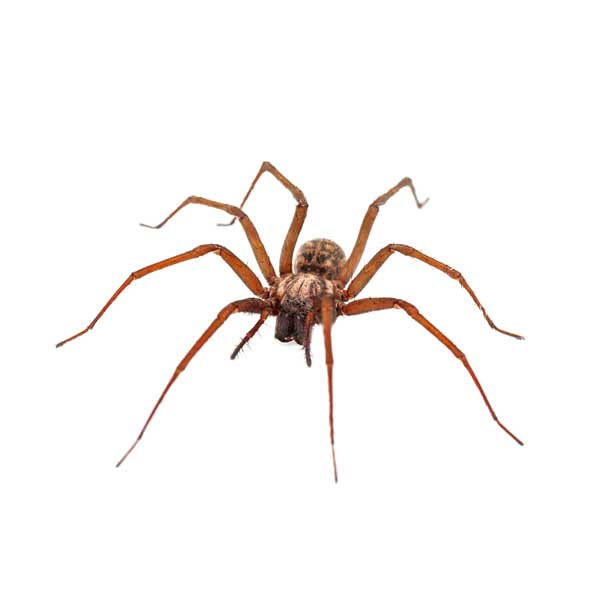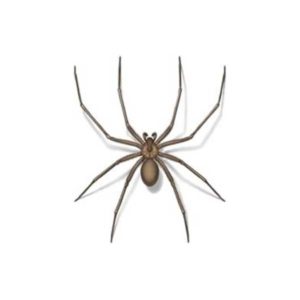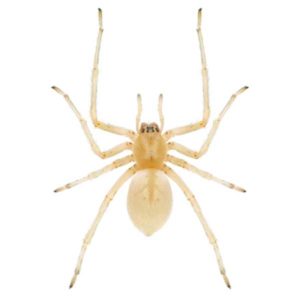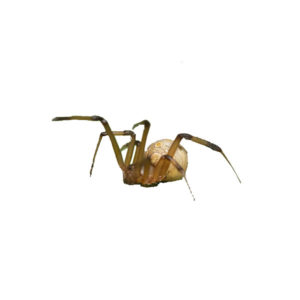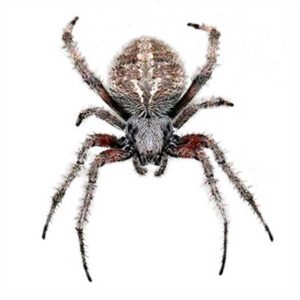Common House Spiders in Northern Utah
The domestic or common house spider is the most commonly seen spider in North America. Most often encountered indoors, the house spider is a nuisance pest because of its webs more than the spider itself. Several species of the house spider exist, but the domestic house spider is the most recognized.
House Spider Life Stages
Shortly after mating, the female house spider produces up to 250 eggs in a flask-shaped silken sac, about 1/4 inch long and usually placed in the center of the web. Under favorable conditions, two or more egg sacs may be present in a web at the same time, and up to nine sacs may be produced in a season.
Domestic house spider eggs hatch in 7-10 days and once spiderlings (baby spiders) fully emerge, they usually settle close to the nest area for several weeks before moving on and staking out their own territory. If left undisturbed, house spiders can live as long as seven years in the same web in places like attics, basements, and garages. When outside, female spiders die in the cold and males rarely live longer than a year.
Domestic House Spider Behaviors
Domestic house spiders move quickly, are not aggressive and will often retreat when confronted. If cornered with no possible escape, house spiders may bite, although documented cases of domestic spider bites are extremely rare. If bitten, the symptoms may include slight pain, swelling, and itching.
House spiders build their webs in random sites. If the sites do not yield prey, the webs are abandoned and a new site is chosen. The dirty webs that concern most homeowners are largely abandoned ones that have failed to yield prey. Survival of house spiders in homes is often low due to low humidity, which causes high mortality in spiders and a scarcity of flying insects.
Common House Spider Extermination & Control
Controlling domestic house spiders is as simple as keeping a clean home and taking measures to make your home environment less attractive to spiders:
- Patch up cracks and holes leading from the outside in to prevent spiders from finding their way inside the home.
- Clean up after meals. Food crumbs will attract other pests like ants, which, in turn, will attract spiders.
- Sweep and vacuum behind and beneath sofas, chairs, and nightstands.
- Pick up clutter. Old newspapers and piles of dirty clothes are ideal hiding places for spider species that thrive in darkness.
- Spiders don’t like peppermint oil or vinegar. Spray windowsills and entryways with a solution of 1/2 cup white vinegar, 1 1/2 cups water, and 20 drops of peppermint essential oil

